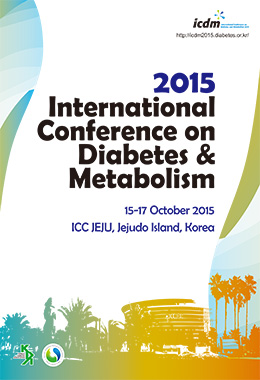Objective: CD36, a fatty acid transporter is recently reported to have a pivotal role in glucotoxicity induced β-cell dysfunction. However, little is known that how the glucotoxicity influences CD36 expression and whether this action can be counteracted by metformin. In the present study, we hypothesized that the beneficial effect of metformin on β-cells may be mediated by the inhibition of glucotoxicity induced CD36 expression.
Methods: We exposed isolated rat islets as well as clonal INS-1 cells for 72 h to 24 h with 30 mM glucose respectively. Thapsigargin was used as strong ER stressor, and sulfo-N-succinimidyl Oleate (SSO) was chosen for irreversible CD36 inhibitor.
Results: Chronic (72 h) high glucose exposure of isolated rat islets reduced the insulin and PDX1 mRNA expression, and glucotoxicity fully suppressed glucose stimulated insulin secretion (GSIS) along with elevated levels of reactive oxygen species (ROS). Incubation with metformin restored the insulin, PDX1 mRNA expression with the significant improvements in GSIS, and reduced the ROS production. High glucose exposure of INS-1 cells increased CD36 mRNA with impaired insulin and PDX1 mRNA expression, which were recovered by metformin treatment. Metformin significantly blocked free fatty acid uptake via CD36 that was induced by high glucose. Furthermore, metformin treatment inhibited thapsigargin induced CD36 expression and INS-1 cell apoptosis. Conversely, inhibition of AMPK significantly abolished the inhibitory effect of metformin on CD36 signaling.
Conclusion: Collectively, metformin confers protection against thapsigargin and high glucose-induced apoptosis of pancreatic β-cells through interfering with CD36 inhibition. These results suggested that inhibition of CD36 may have potential therapeutic effects against hyperglycemia-induced β- cell damage in diabetes.




